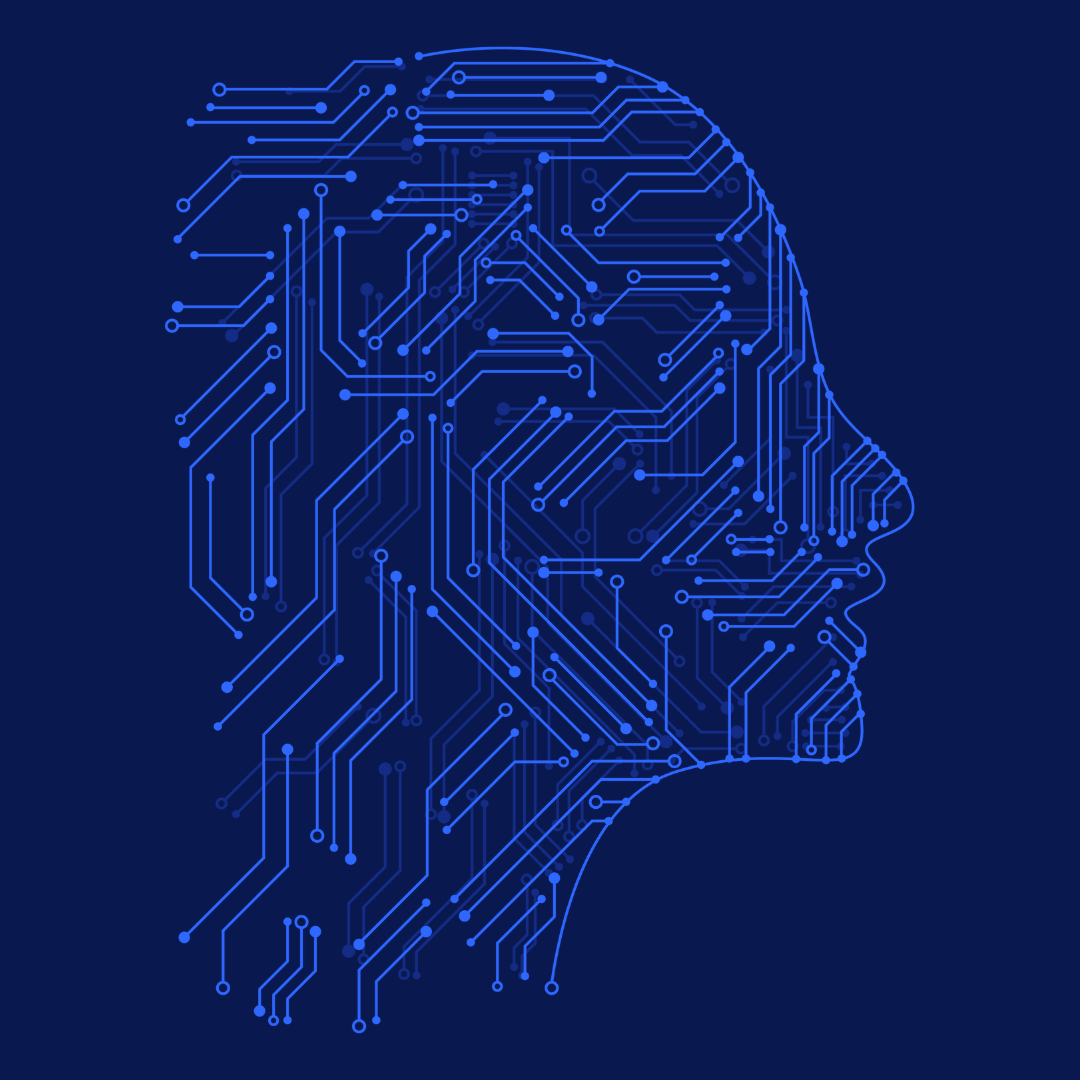UN puts AI Titans on the hook for billions of dollars of biopiracy payments
By Jim Thomas,
Scan the Horizon
| 11. 19. 2024
It’s the wee hours of 2nd November 2024 in Cali, Colombia. In a large UN negotiating hall Colombian Environment Minister Susana Muhamed has slammed down the gavel on a decision that should send a jolt through the AI policy world. The decision, while seemingly about paying for genetic data, sets a significant wider precedent for how AI firms can be held accountable for stealing training data without consent or recompense.
Here is the context: After years of stand-offs and diplomatic wrangling, the United Nation’s Convention on Biological Diversity (UN CBD) this month adopted a landmark decision on something called “DSI”. DSI stands for Digital Sequence Information. It refers to digital versions of biological ‘codes’ such as DNA, RNA or the amino acids in proteins. These biological “codes” are routinely collected, stored and processed in digital form and have become the raw commodity powering the global$1.5 trillion dollar biotech industry. Originally sequenced from plants, animals, bacteria and viruses extracted from territories (plus human medical samples) the sheer volume of ‘DSI’ now stacking up in servers and databases rivals much of...
Related Articles
By Anumita Kaur [cites CGS’ Katie Hasson], The Washington Post | 03.25.2025
Genetic information company 23andMe has said that it is headed to bankruptcy court, raising questions for what happens to the DNA shared by millions of people with the company via saliva test kits.
Sunday’s announcement clears the way for a new...
By Peter Wehling, Tino Plümecke, and Isabelle Bartram
| 03.26.2025
This article was originally published as “Soziogenomik und polygene Scores” in issue 272 (February 2025) of the German-language journal Gen-ethischer Informationsdienst (GID); translated by the authors.
In mid-November 2024, the British organization Hope not Hate published its investigative research ‘Inside the Eugenics Revival’. In addition to documentating an active international “race research” network, the investigation also brought to light the existence of a US start-up that offers eugenic embryo selection. Heliospect Genomics aims to enable wealthy couples to...
By Frank Landymore, Futurism | 03.18.2025
You can only throw so much money at a problem.
This, more or less, is the line being taken by AI researchers in a recent survey. Asked whether "scaling up" current AI approaches could lead to achieving artificial general...
By Craig S. Smith, Forbes | 03.08.2025
One recent evening in Shenzhen, a group of software engineers gathered in a dimly lit co-working space, furiously typing as they monitored the performance of a new AI system. The air was electric, thick with the hum of servers and...




